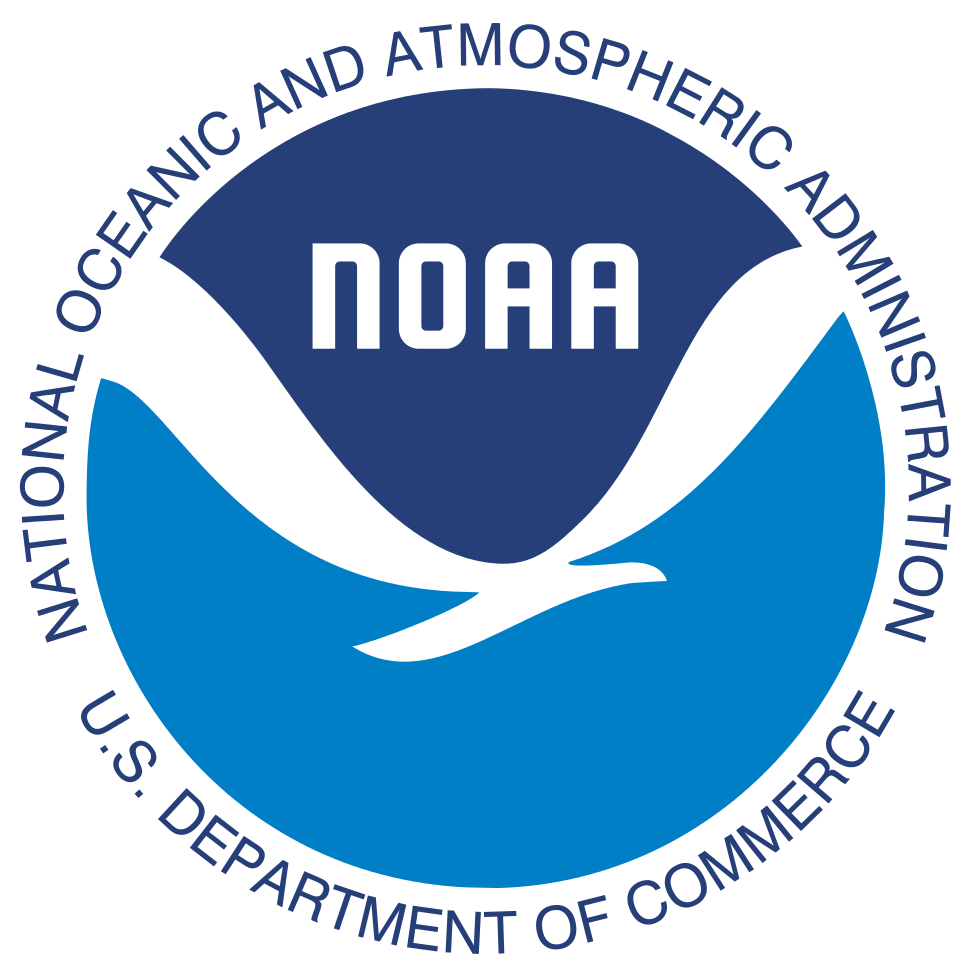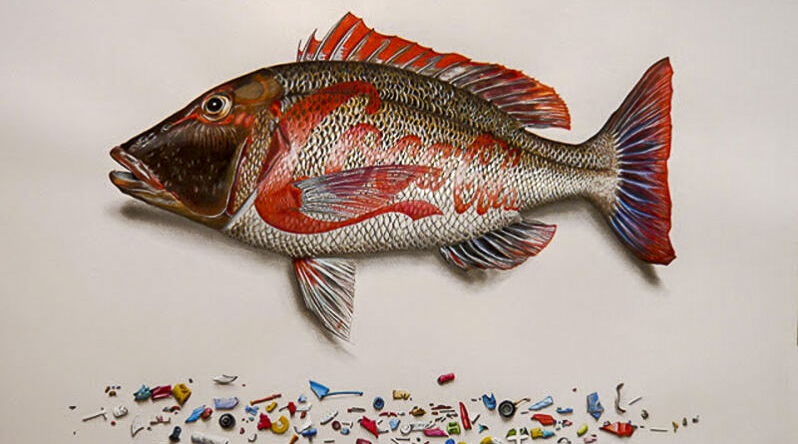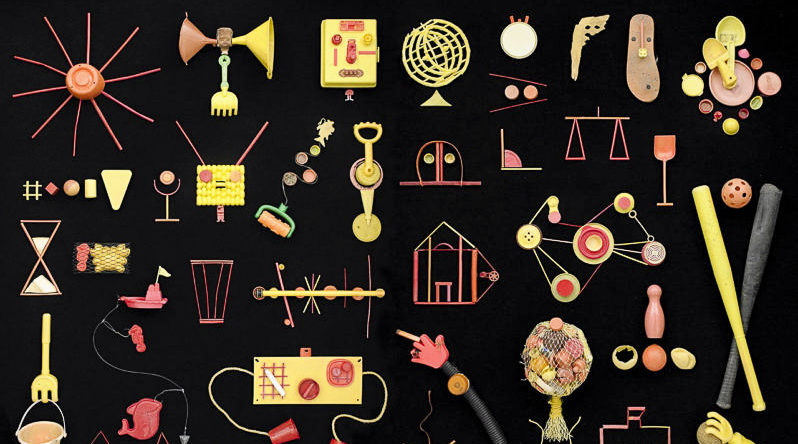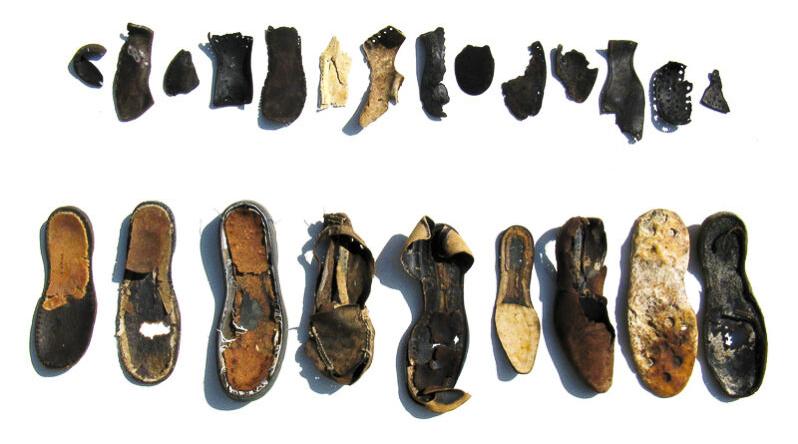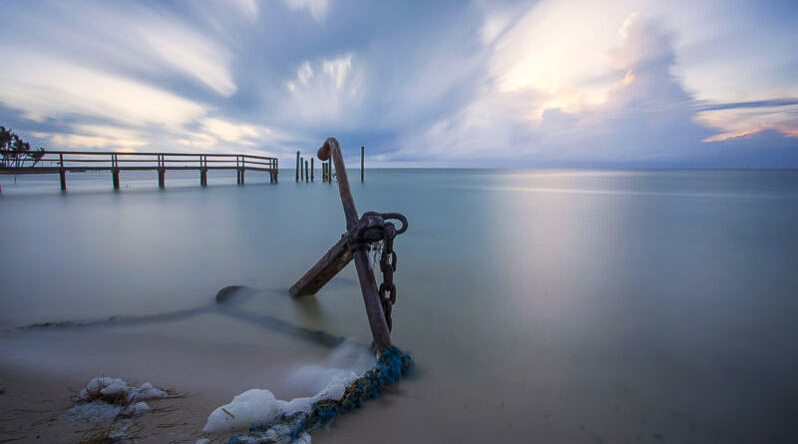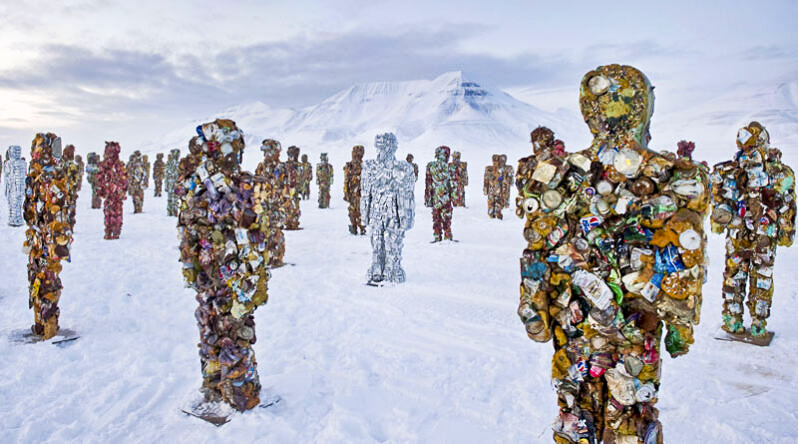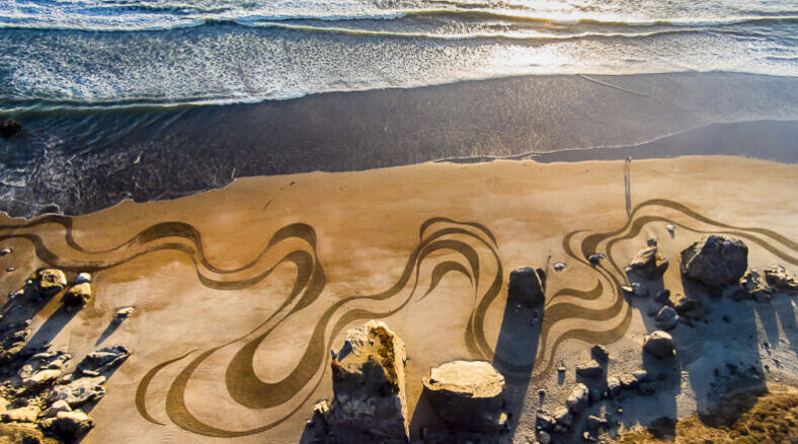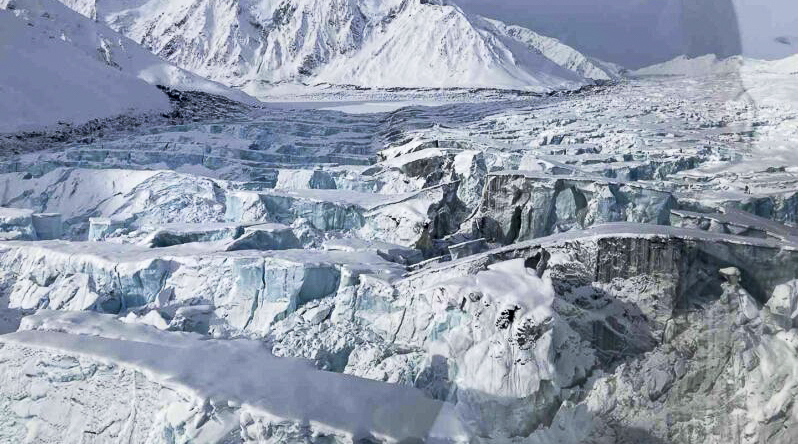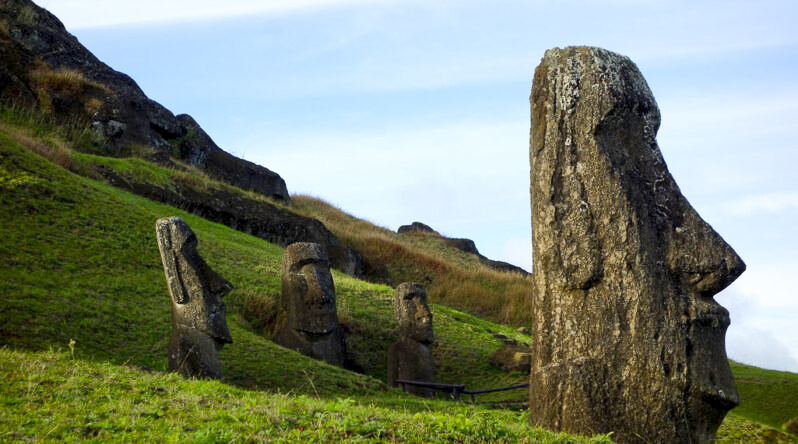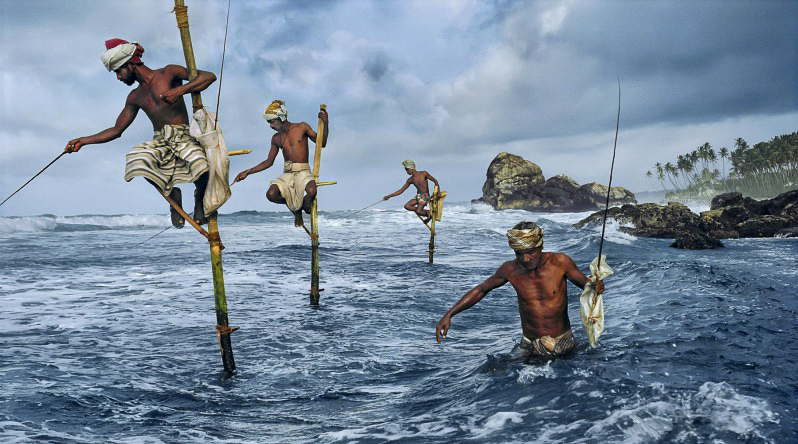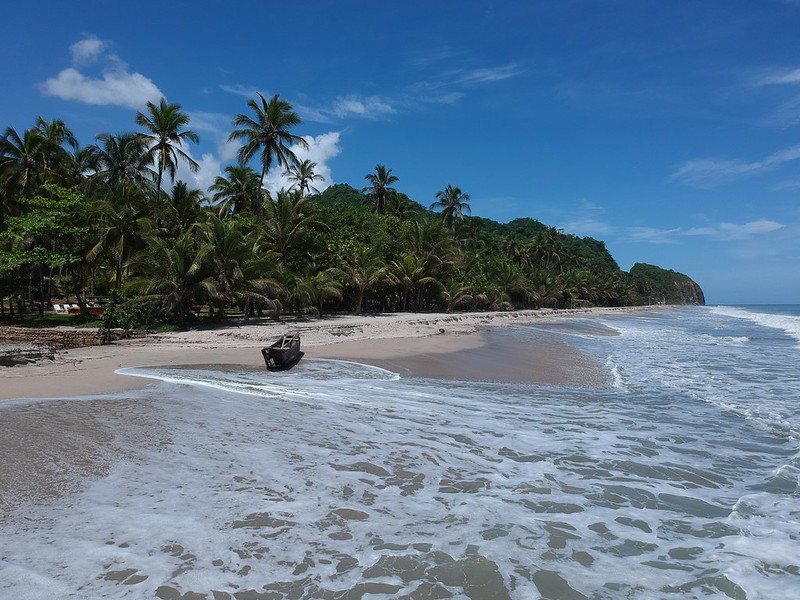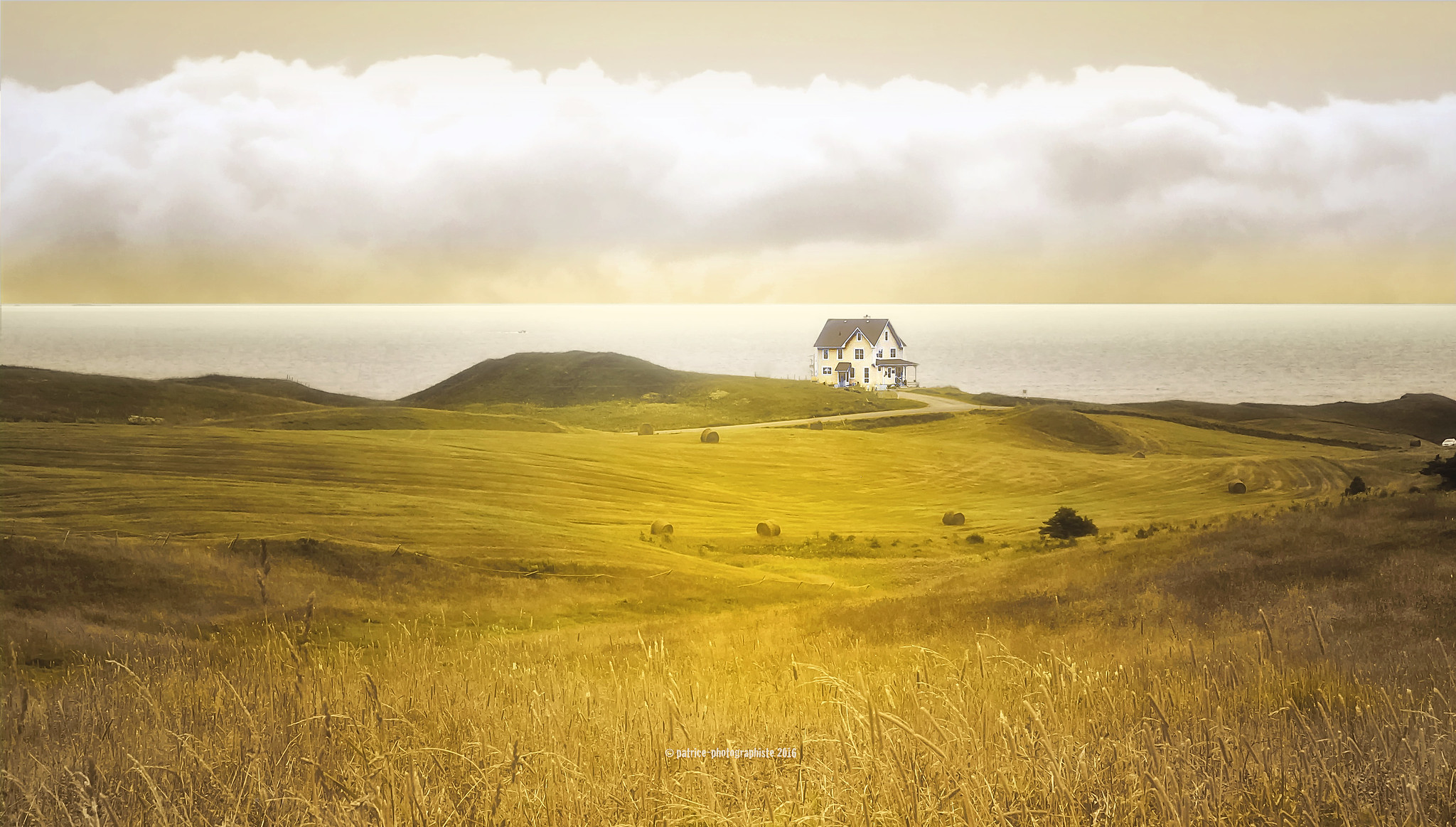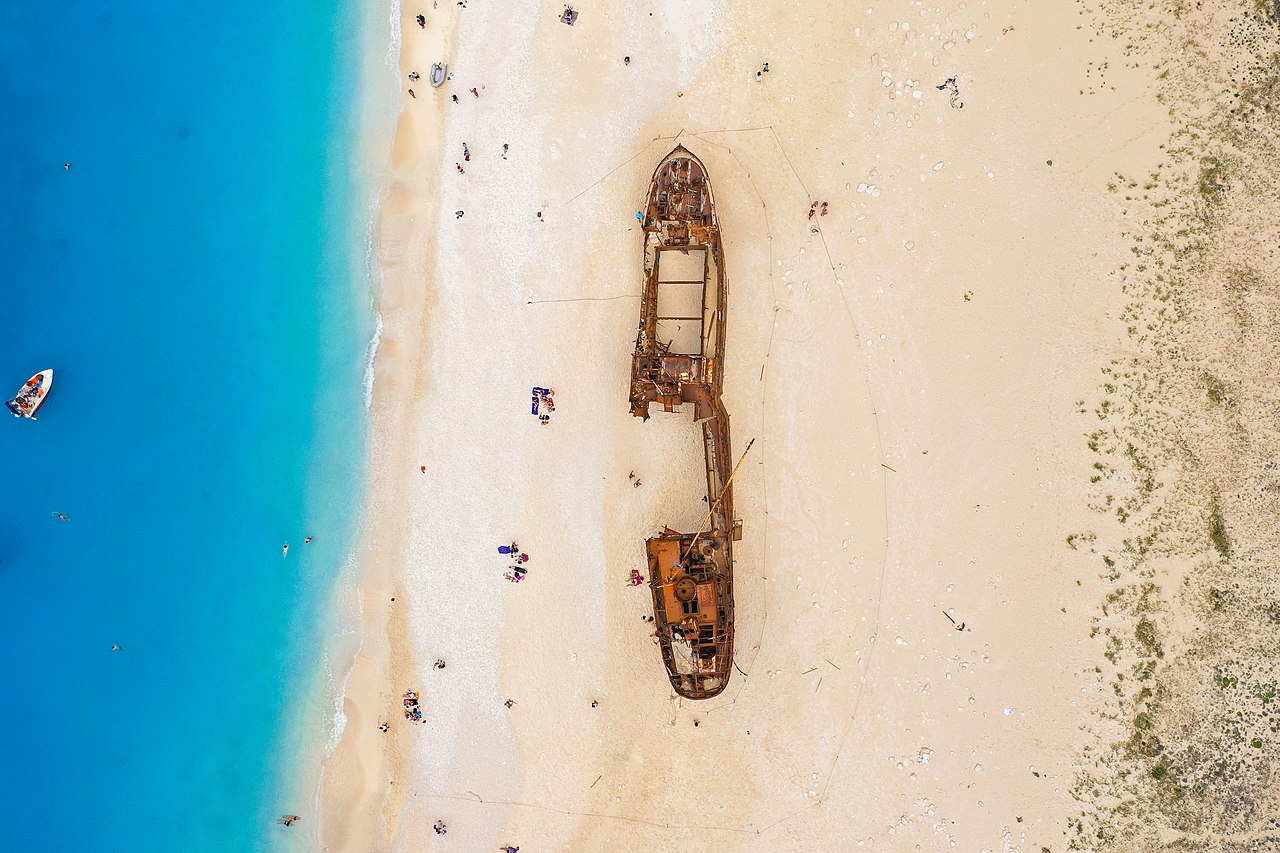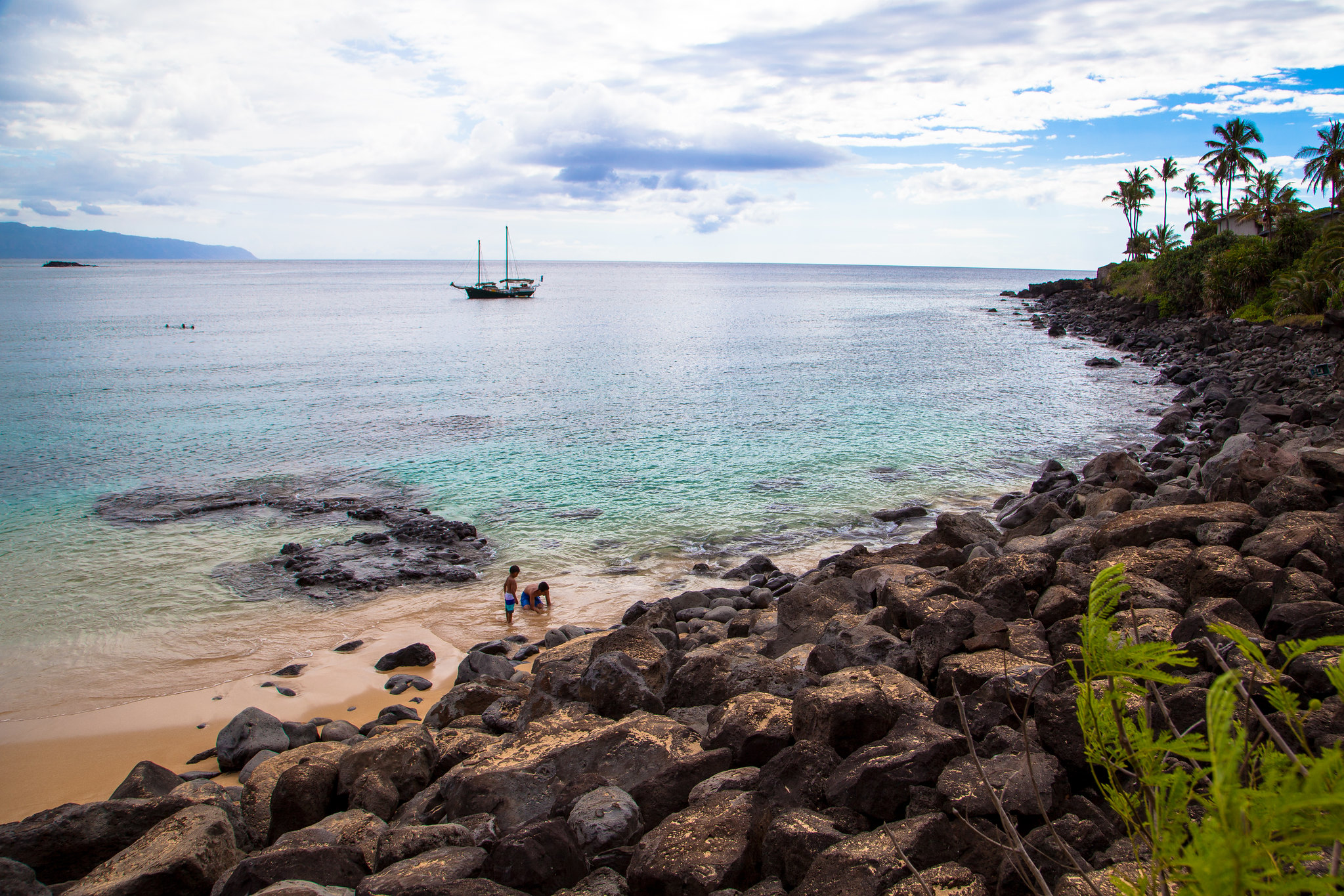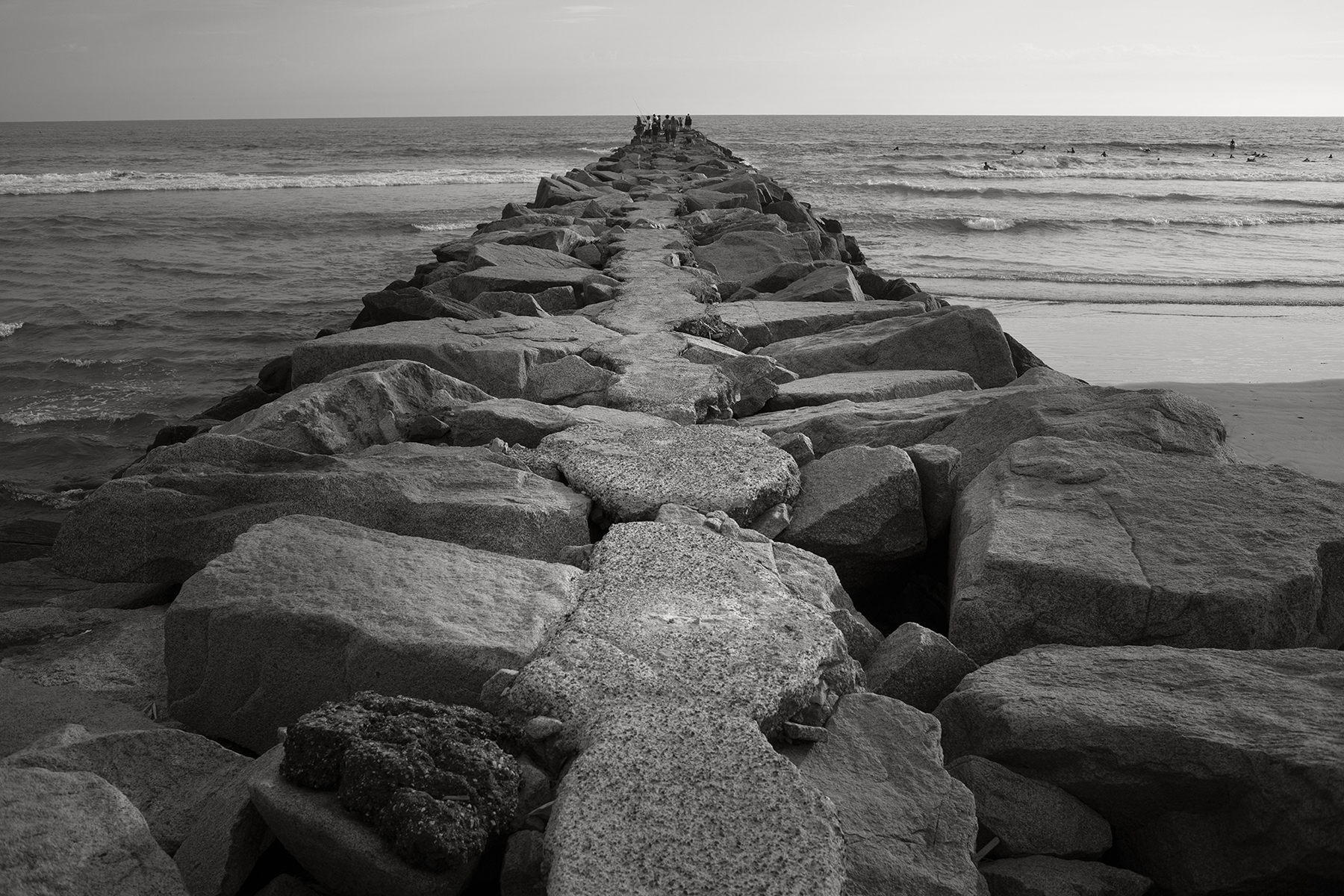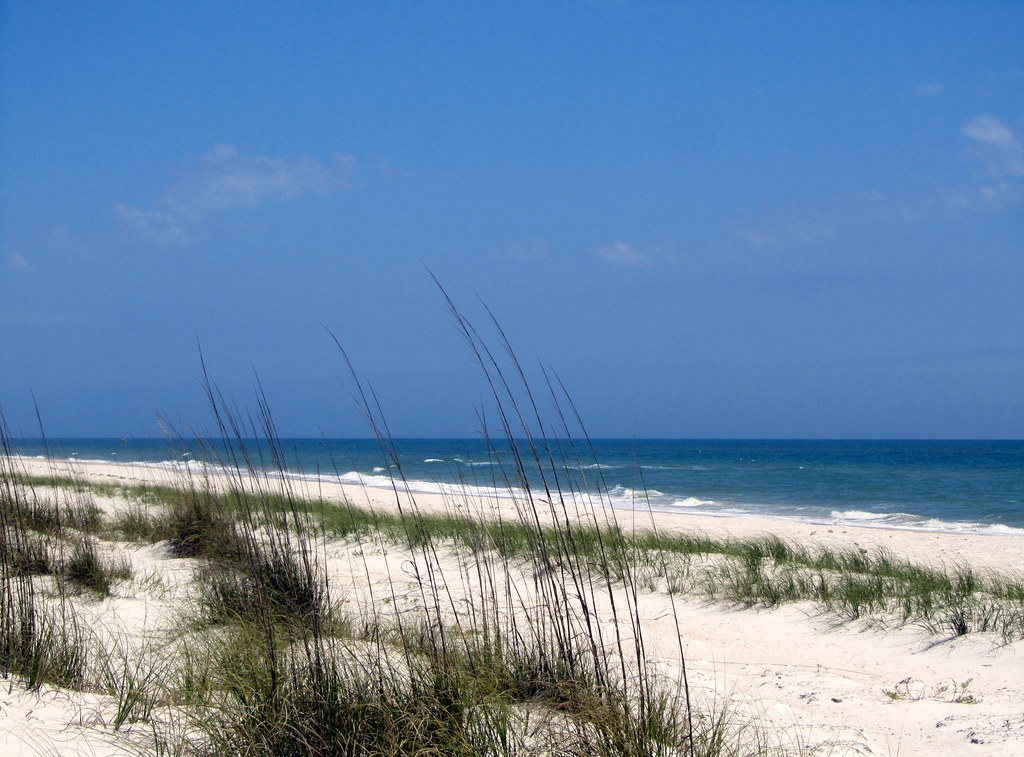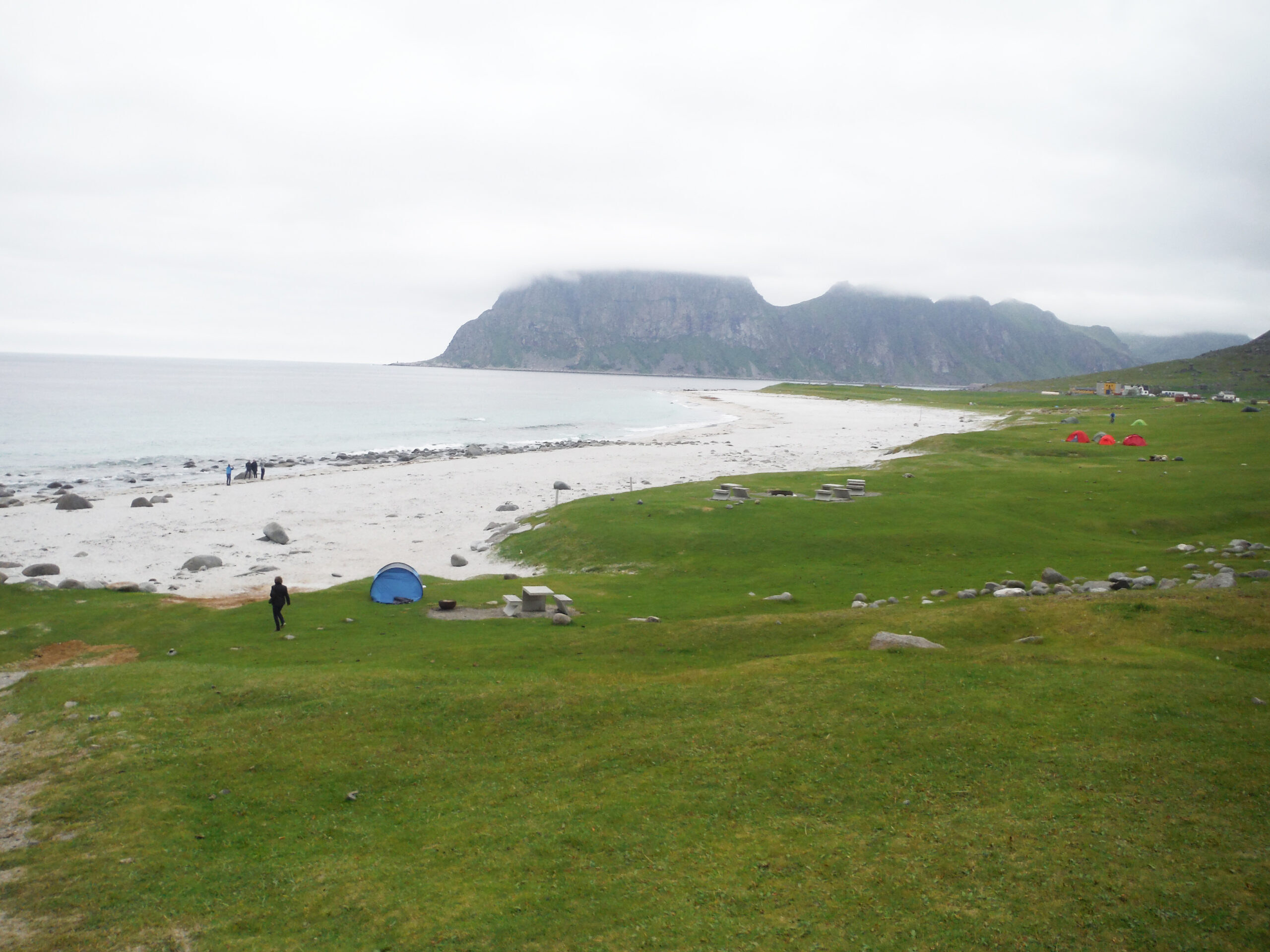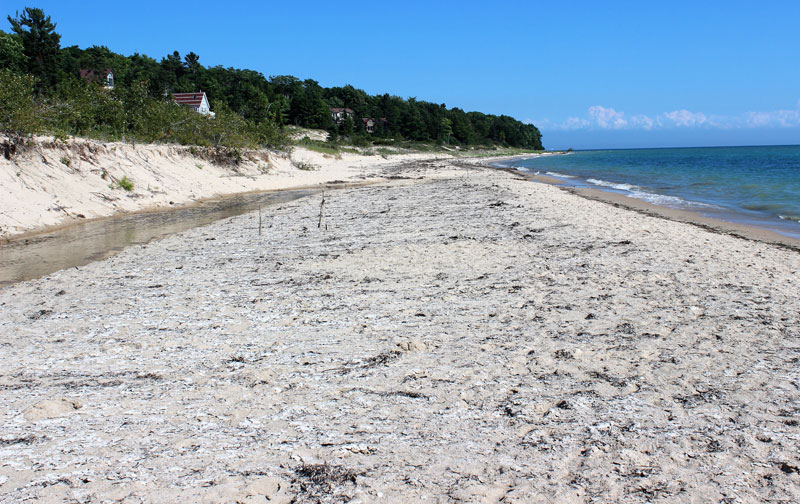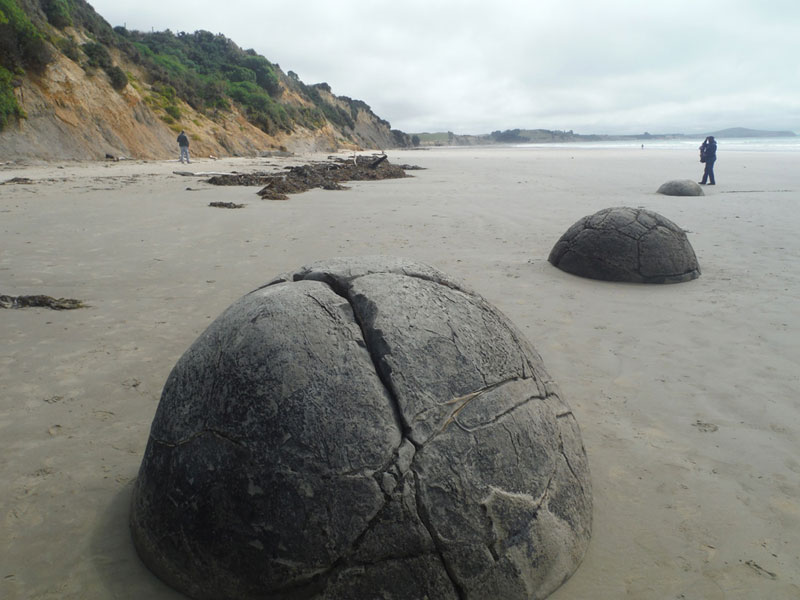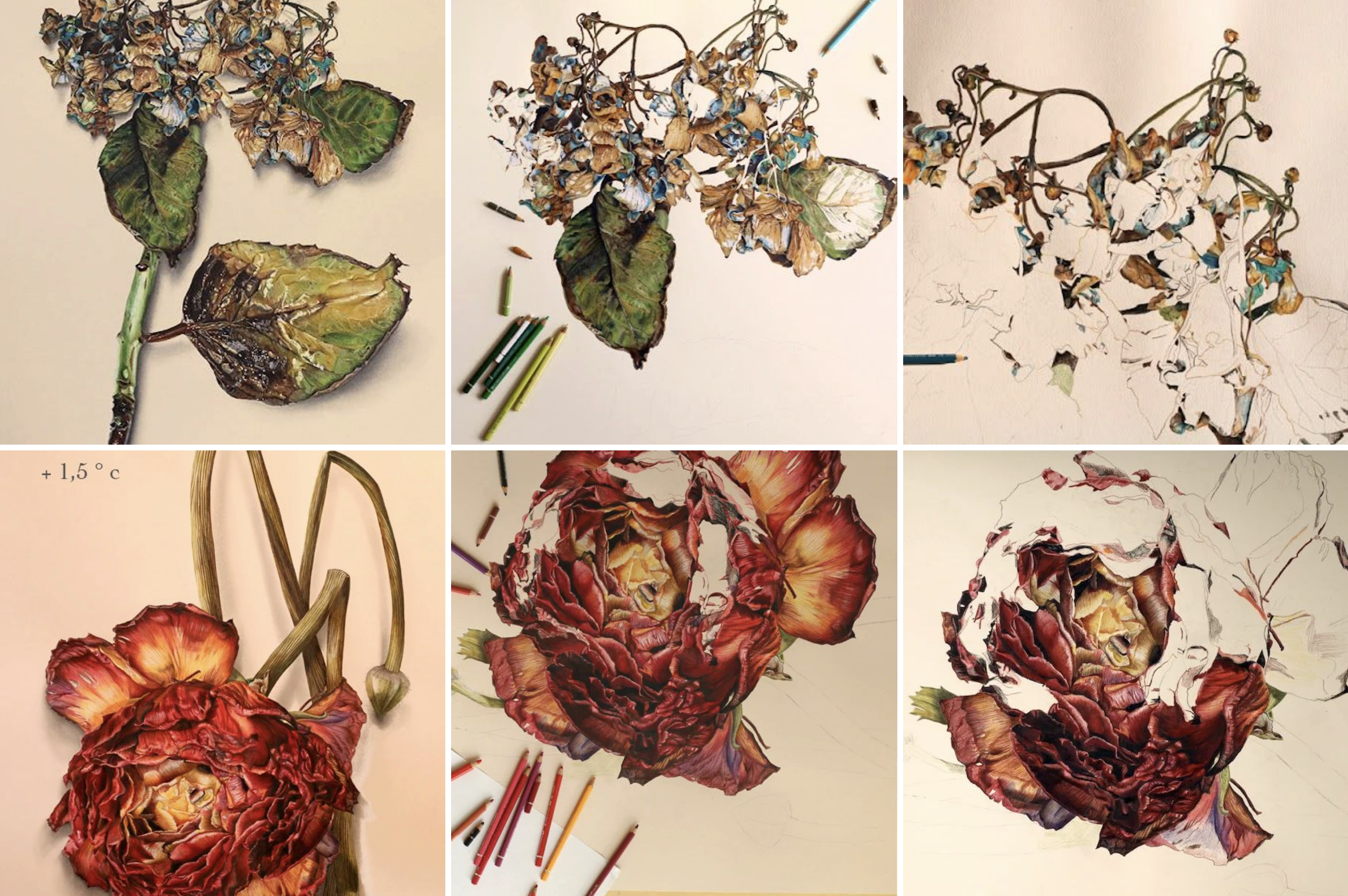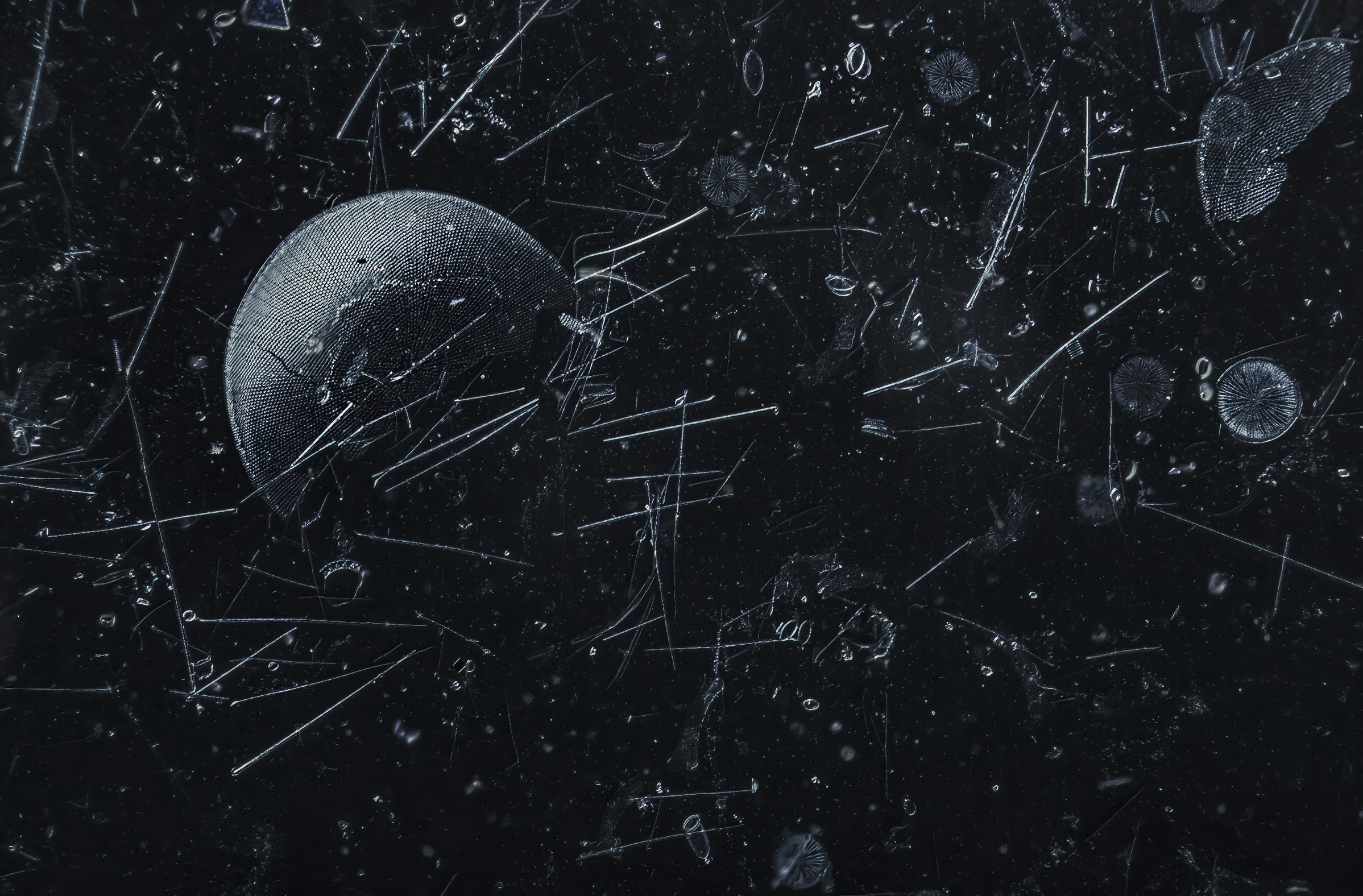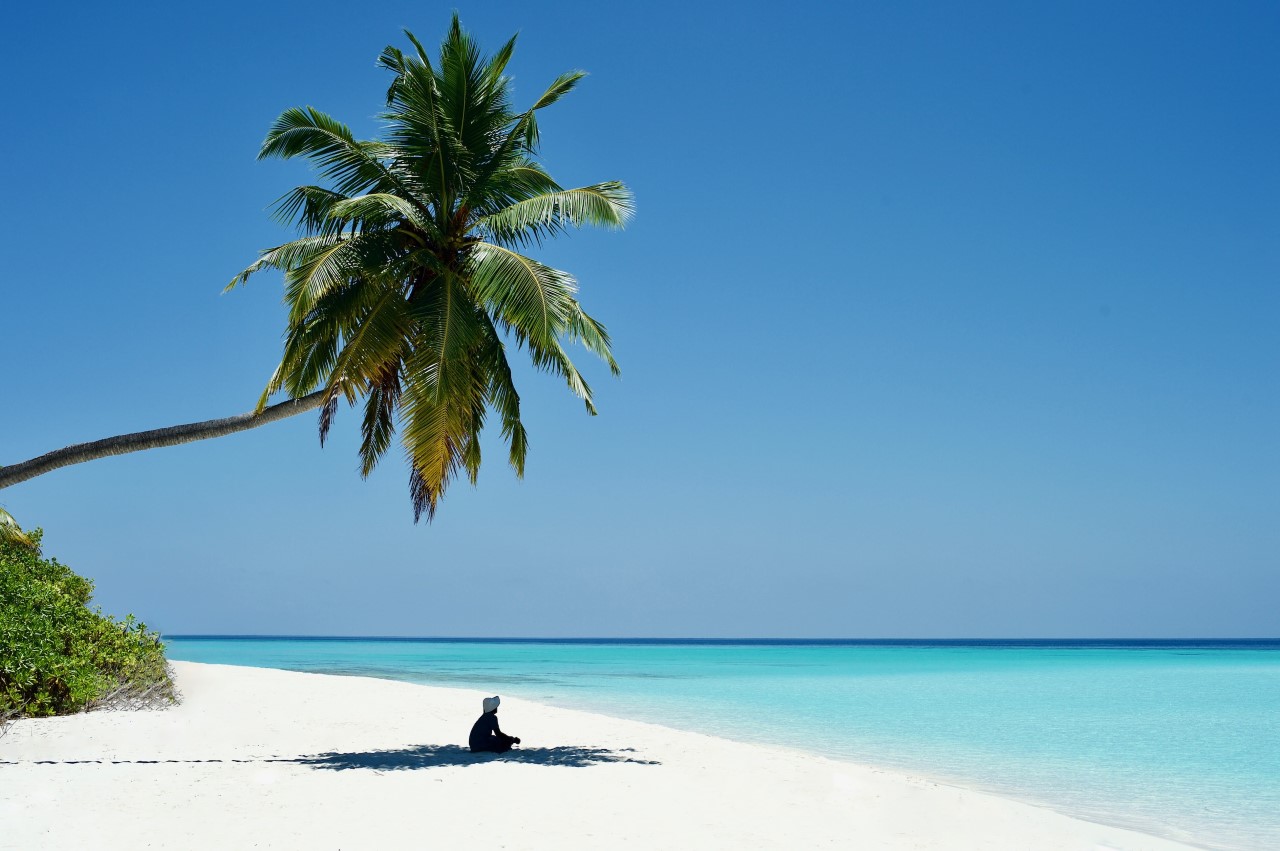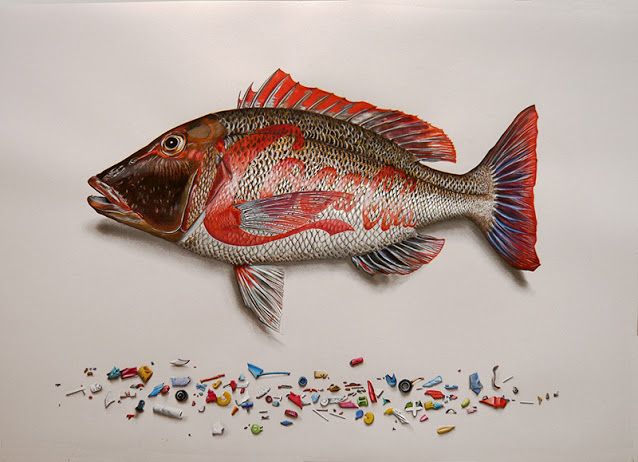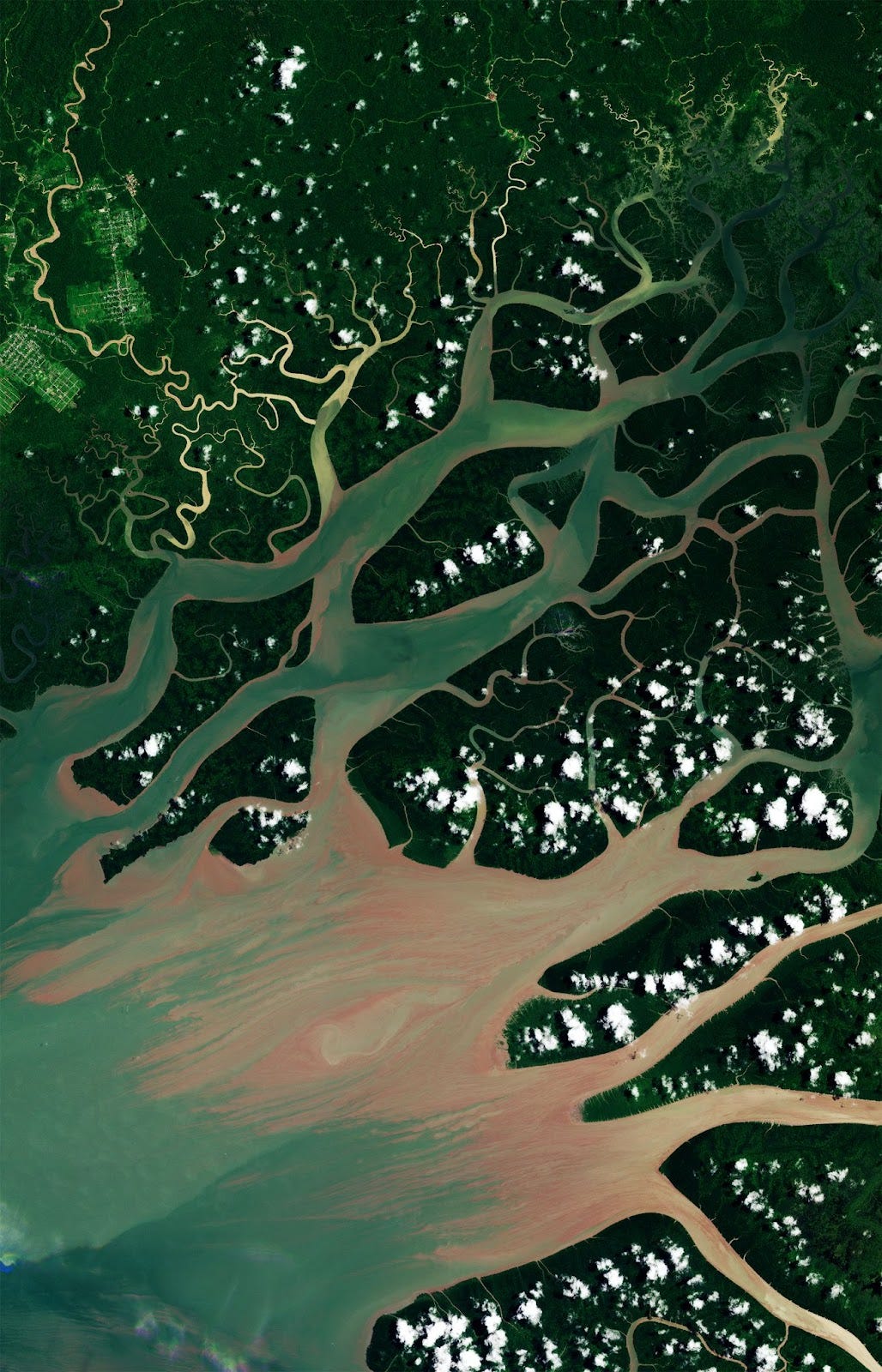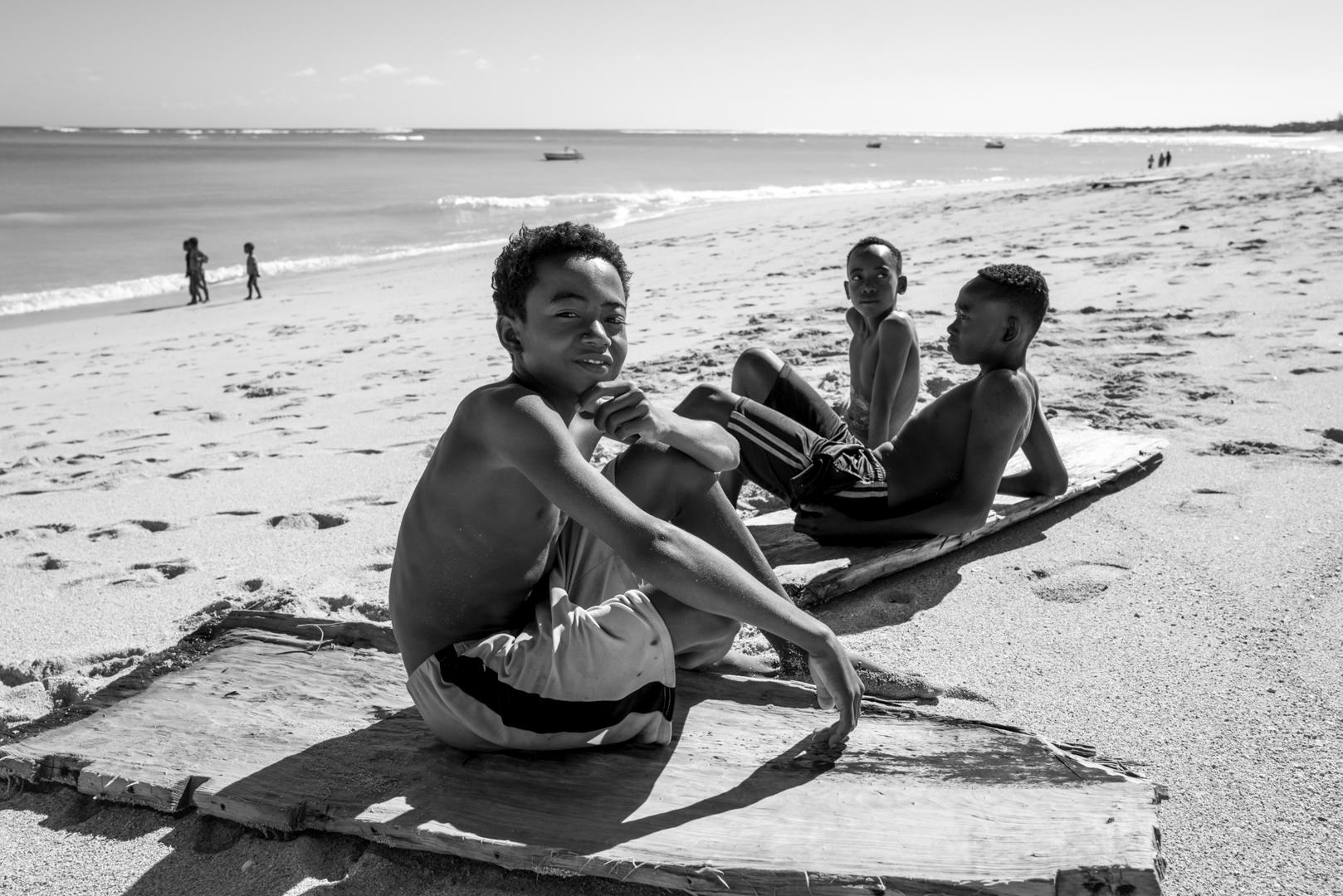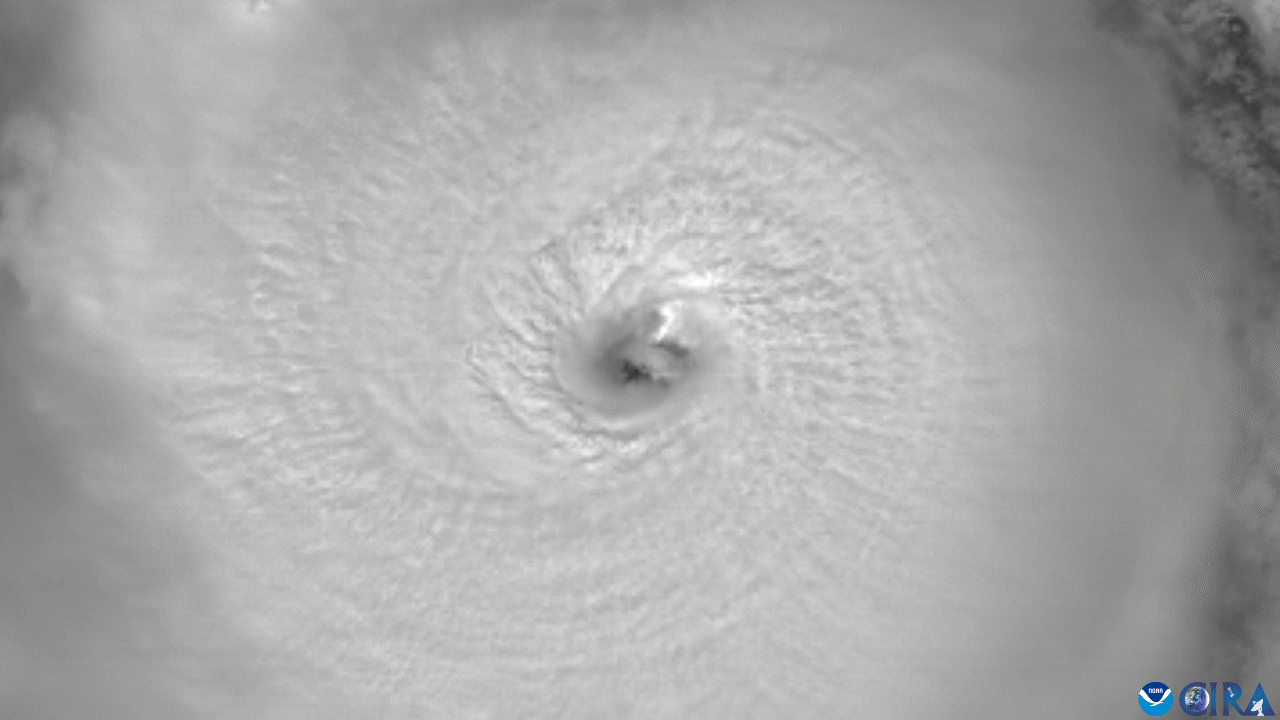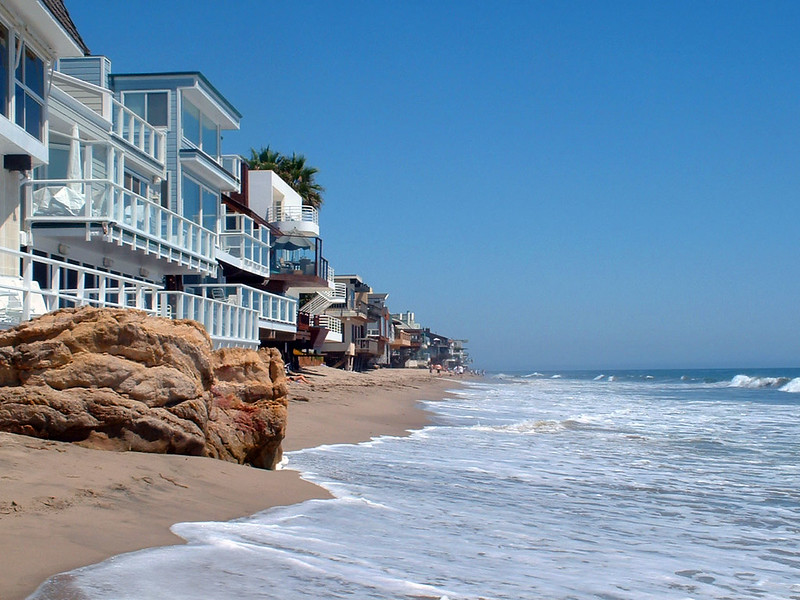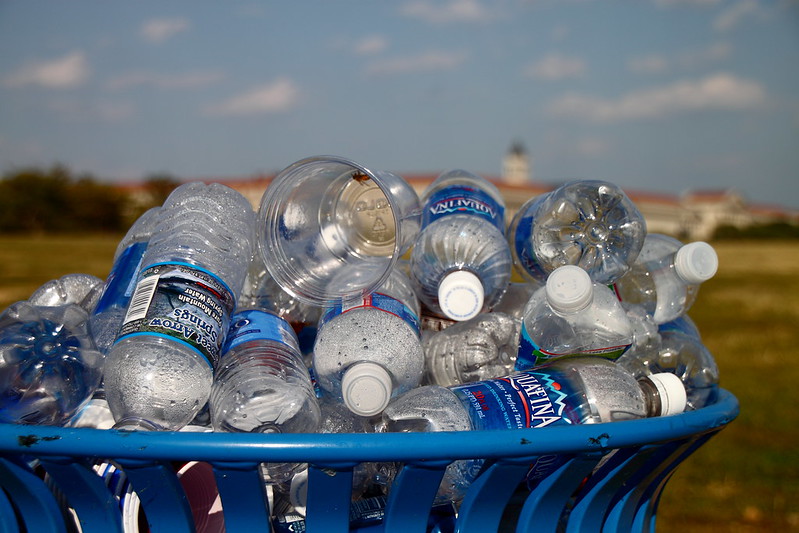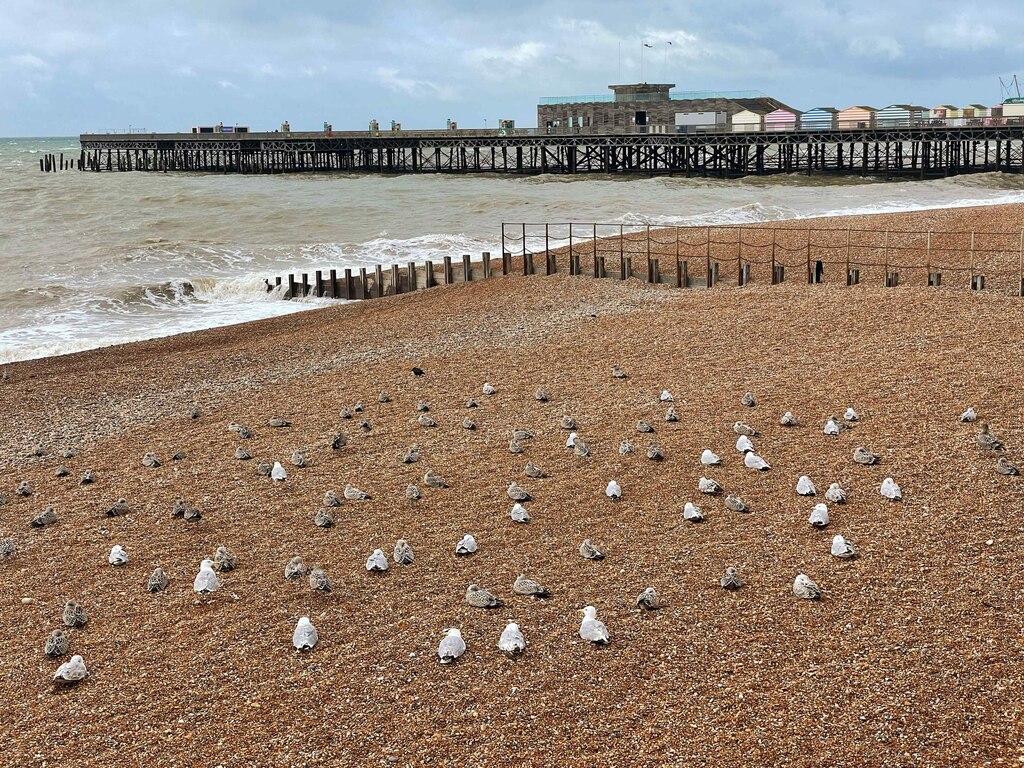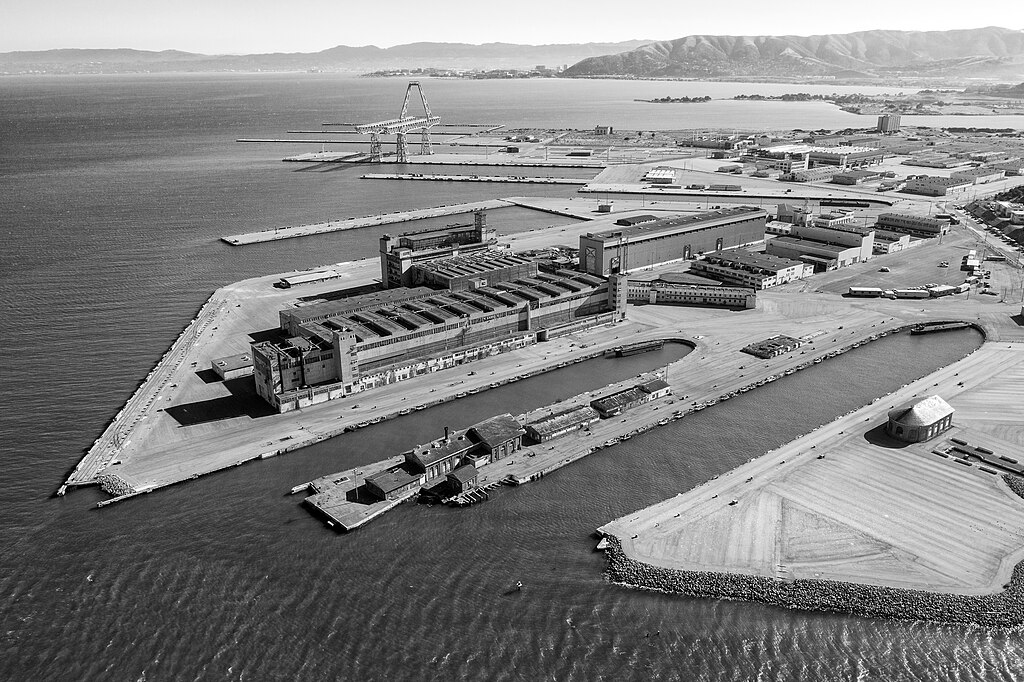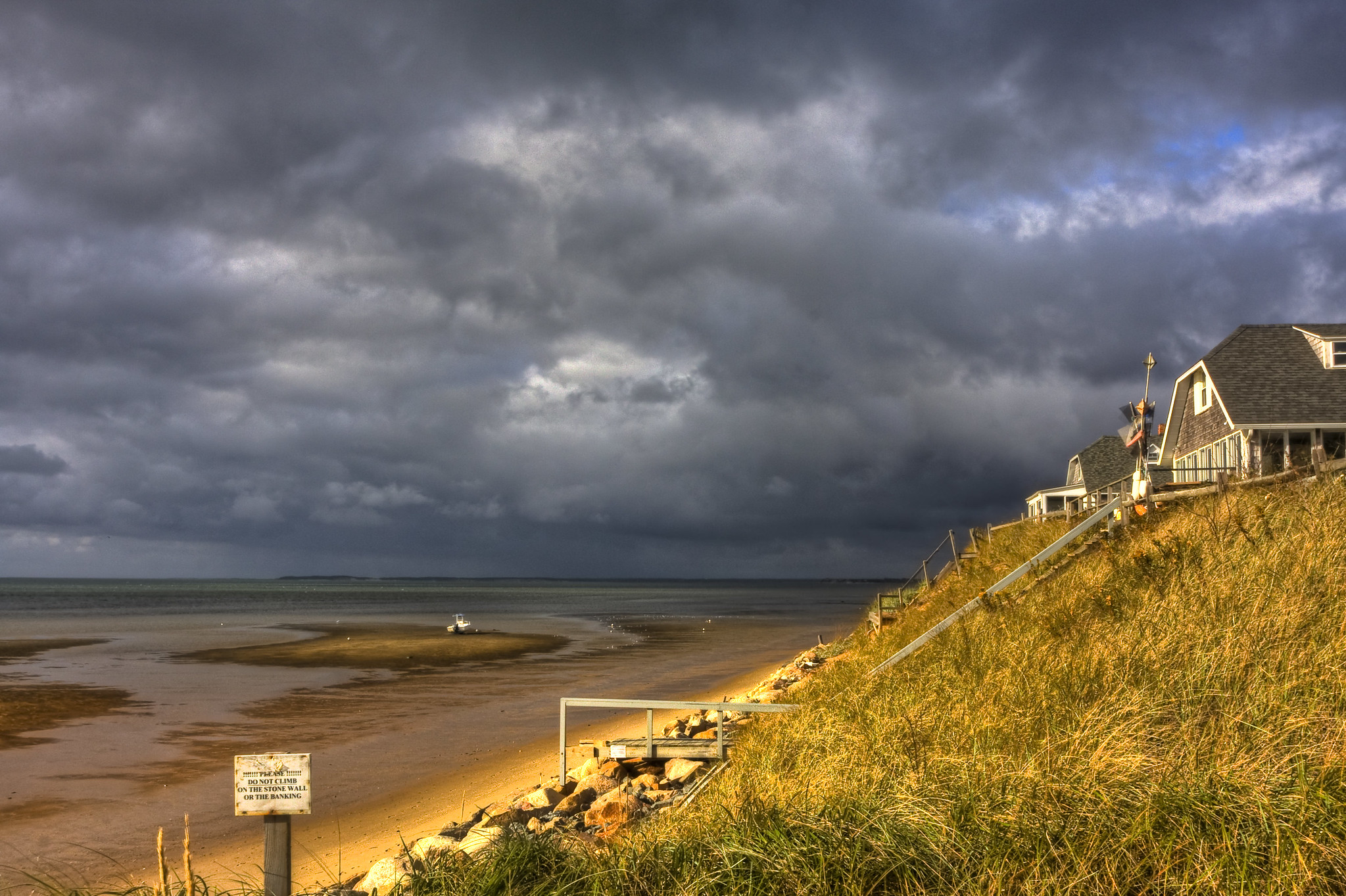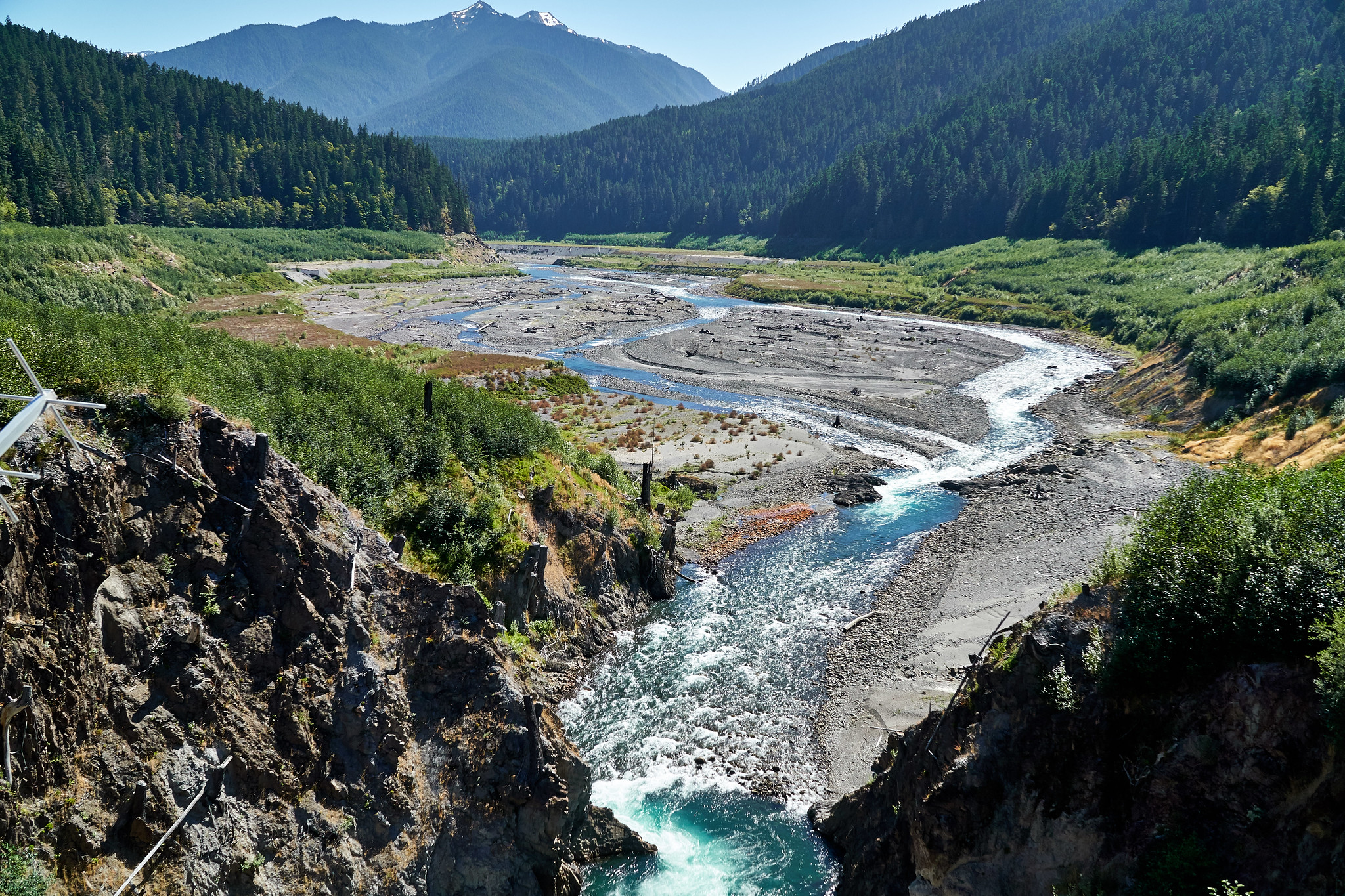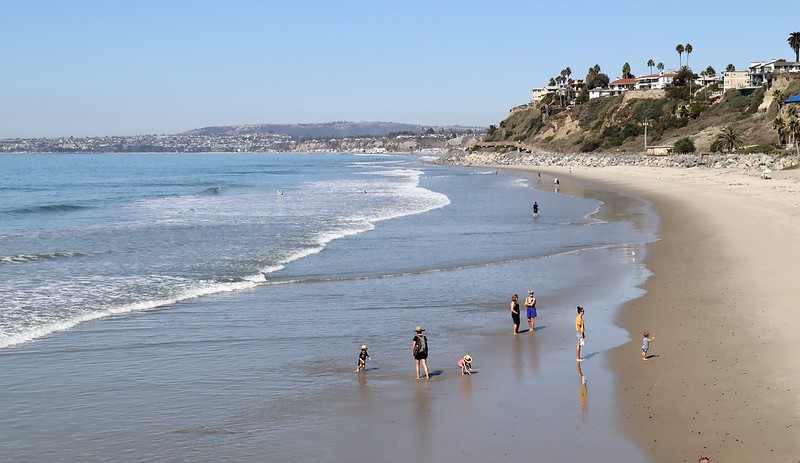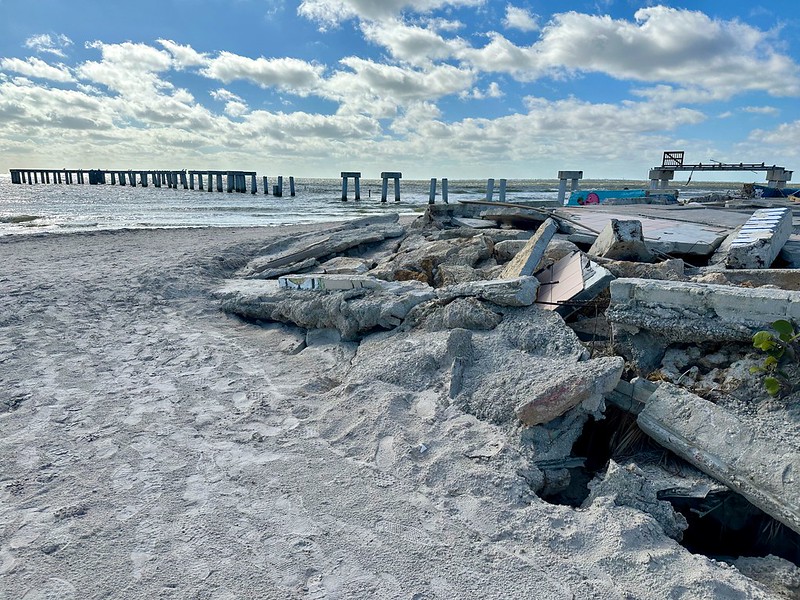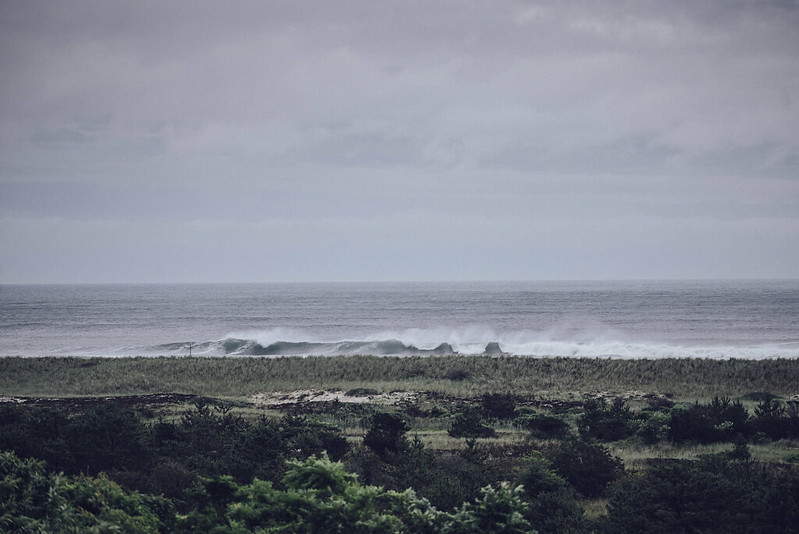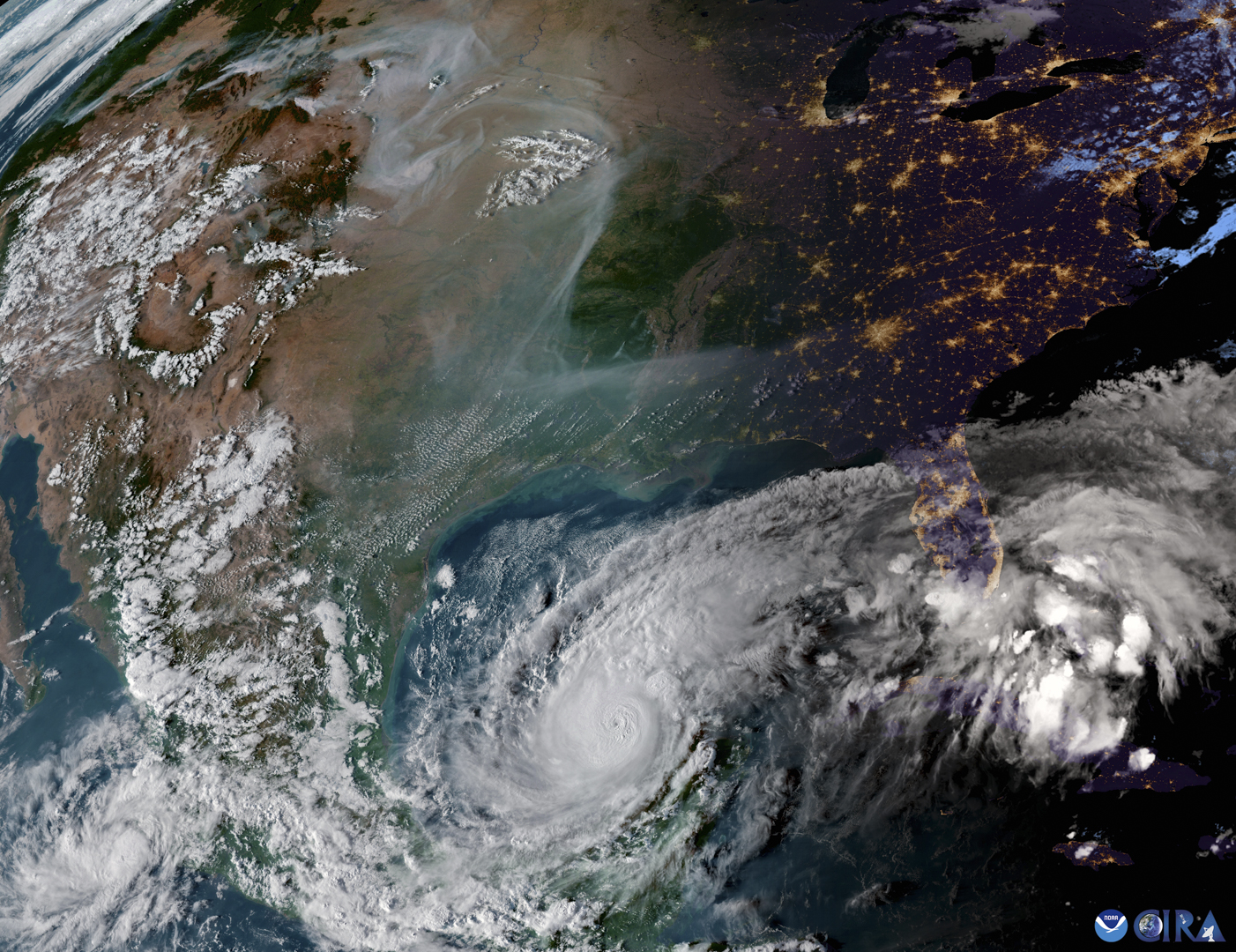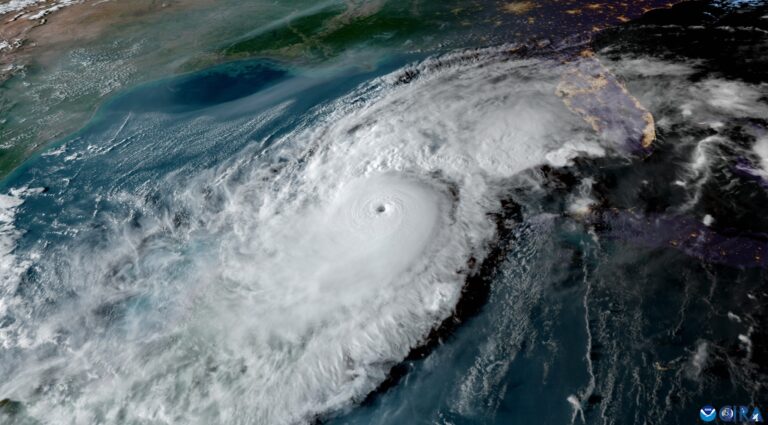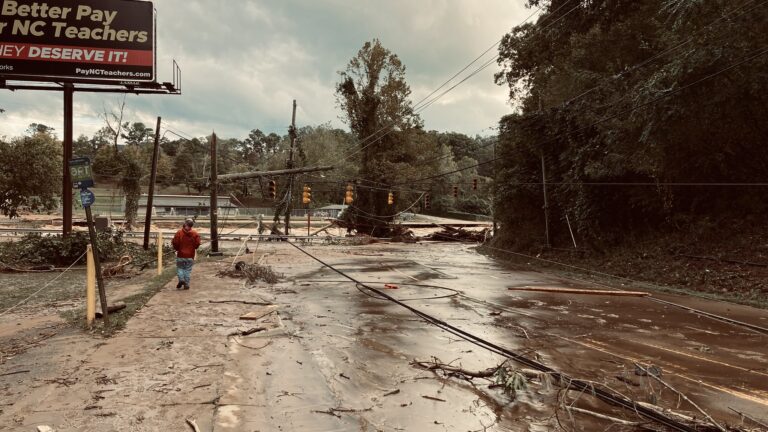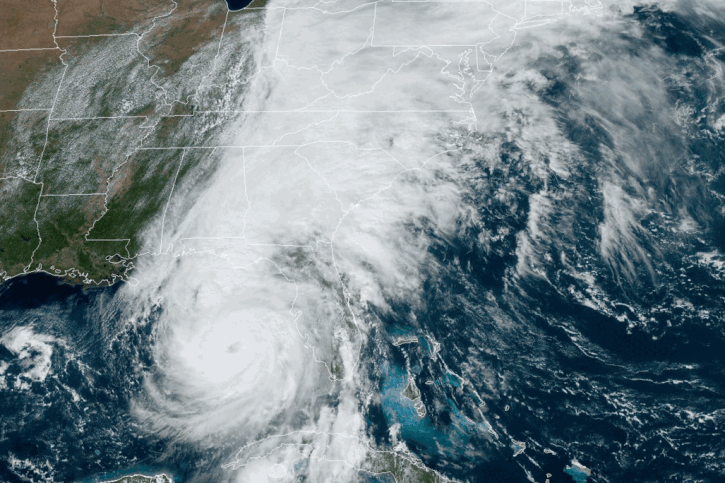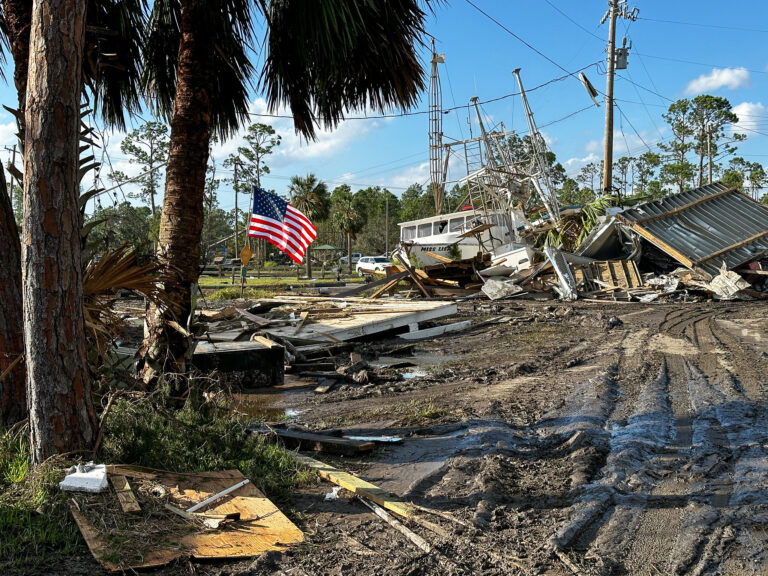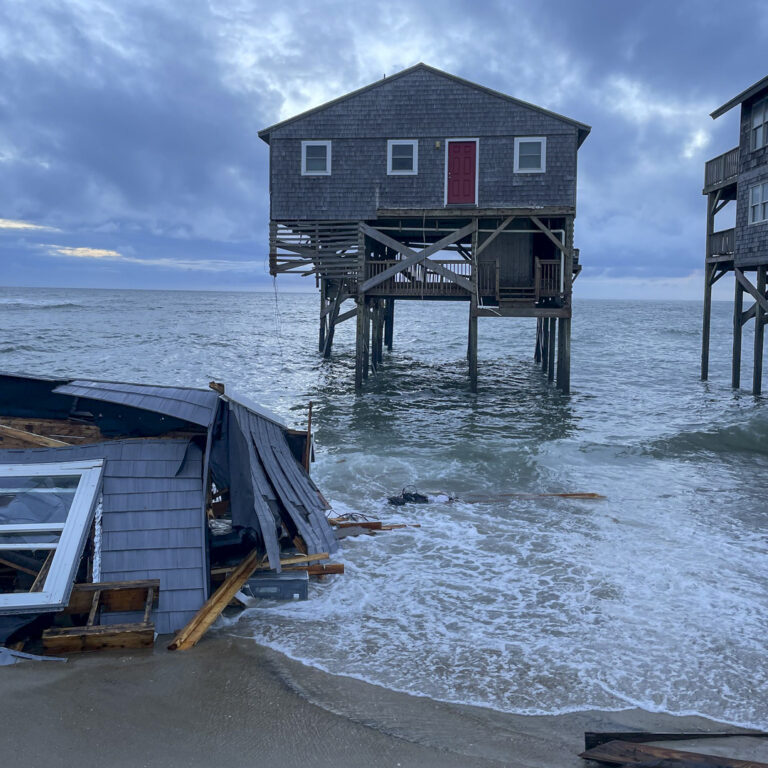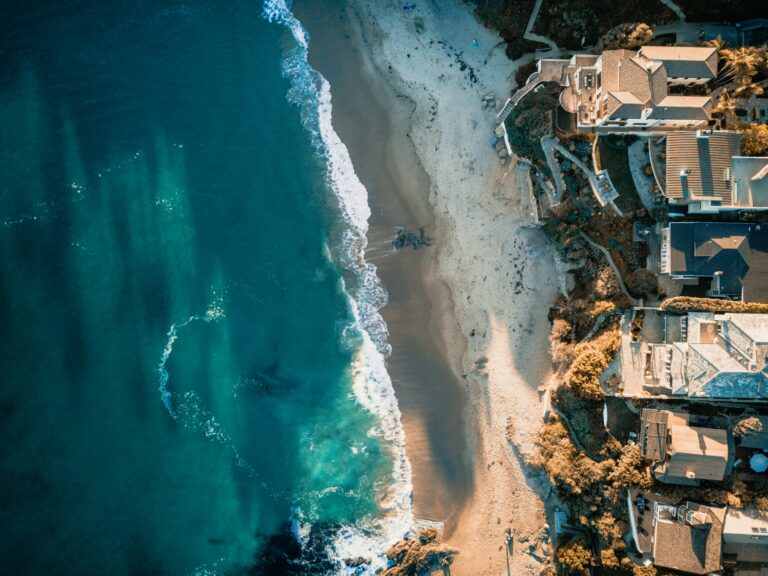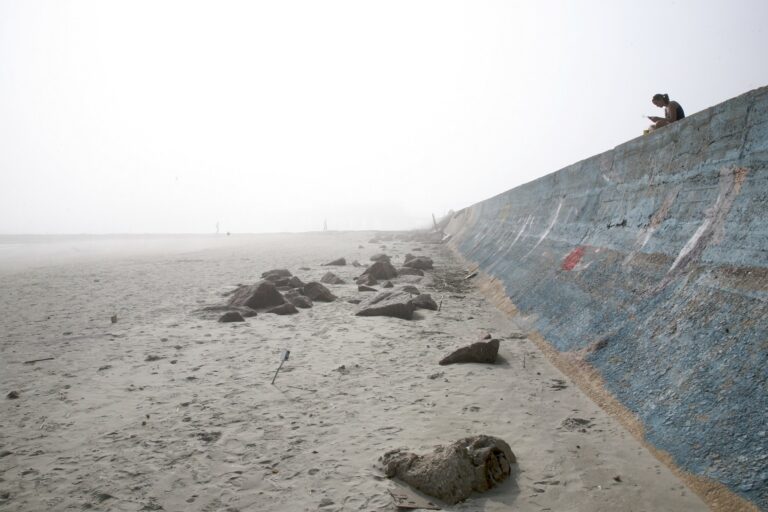Or is it Toxic Swill ?
– the Washington Post
Excerpt:
An installation by Samara Golden, one of our most original and interesting artists, places viewers on the edge of a strange, debris-filled ocean.
There are exceptions, of course, but painters tend to work within a four-sided, right-angled format. That’s their arena. Samara Golden, one of our most original and interesting artists, works with different givens. She begins with shaped interior rooms lined with mirrors and takes it from there.
She’s not especially interested in mirror tricks, like those created by Yayoi Kusama and her Infinity Mirror Rooms. Rather, she wants to create what she thinks of as “impossible spaces.” Places that don’t exist on Earth, and where the laws of the world we live in don’t necessarily apply.
Golden, who is based in Los Angeles, has a new installation at the Nasher Sculpture Center in Dallas (on view there through Jan. 12). You might have seen examples of her installations at the Whitney Biennial in New York in 2017. I saw a particularly mind-blowing one at Sydney Modern in Australia in 2022.
At the Nasher, Golden has created an “impossible” underwater realm by starting with a mirror-lined wedge of space, shaped on the horizontal plane like a pizza slice, with vertical mirrored walls that create a wraparound effect. The viewer approaches the work, titled “if earth is the brain then where is the body,” and looks down into a strange aqueous scene. But what you see is a mirror reflection of objects Golden has installed above, suspended from the ceiling, and separated from us and visually obscured by a layer of “waves” made of melted plastic.
What you see is redoubled by the mirrors into an impression of depth and unity — and yet it doesn’t quite add up. Golden said of one of her earlier works that it is like a “mind with different thoughts happening at the same time…”
The Colombian beach resort facing a ‘public calamity’
– the Guardian
Excerpt:
In the past 10 years, Palomino’s coastline has receded between 47 and 50 metres, threatening the livelihoods of restaurateurs, hoteliers and all those who work in the resort
Beaches | Coasts of the Month . . .
Photos of the Month . . .
“The arts was and continues to be a magnet for my mind and soul, and it was so obvious to me that life without the arts would just be flat,” – Oleg Guerrand-Hermès
Cultured (10-27-2023)
– the Guardian
Excerpt:
A rapid analysis of rainfall trends and Gulf of Mexico temperatures shows many similarities to Hurricane Helene less than two weeks earlier.
A preliminary analysis from the team of scientists at World Weather Attribution indicates the rainfall from Hurricane Milton across Florida was 20 percent to 30 percent heavier and rainfall intensity was about twice as likely as it would have been in the climate of the late 19th century.
Similarly, climate change is responsible for a 40 percent increase in the intensity of storms like Milton, located in the eastern Gulf of Mexico near the Florida coast, the analysis found. Effectively, Milton would have made landfall as a Category 2 storm in an earlier climate. Instead, it came onshore Wednesday night near Siesta Key south of Sarasota as a Category 3…
Read Full Article:
CURRENT NEWS + RECENT POSTS
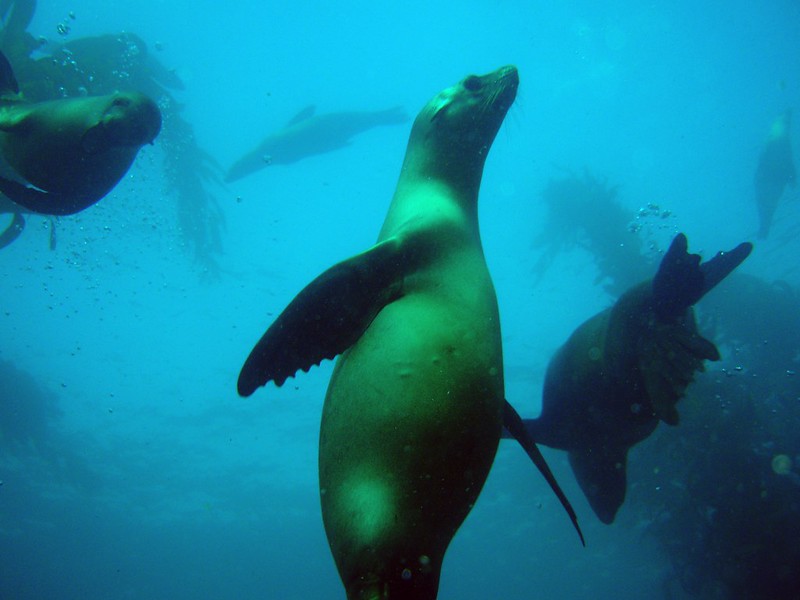
For Seals, Big Hearts Mean Big Dives – Hakai Institute
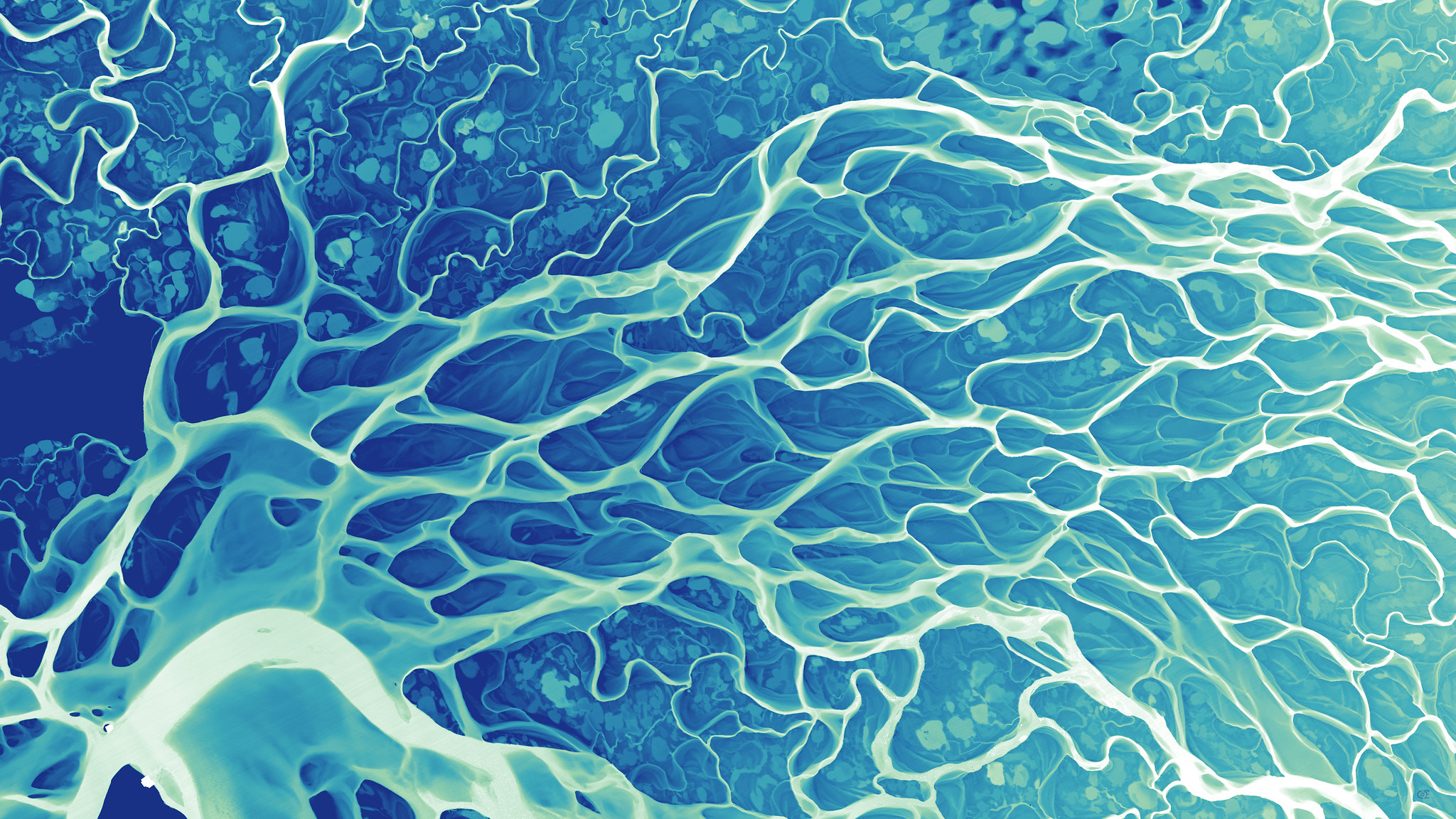
Daniel Coe’s Astonishing River Cartography – Orion
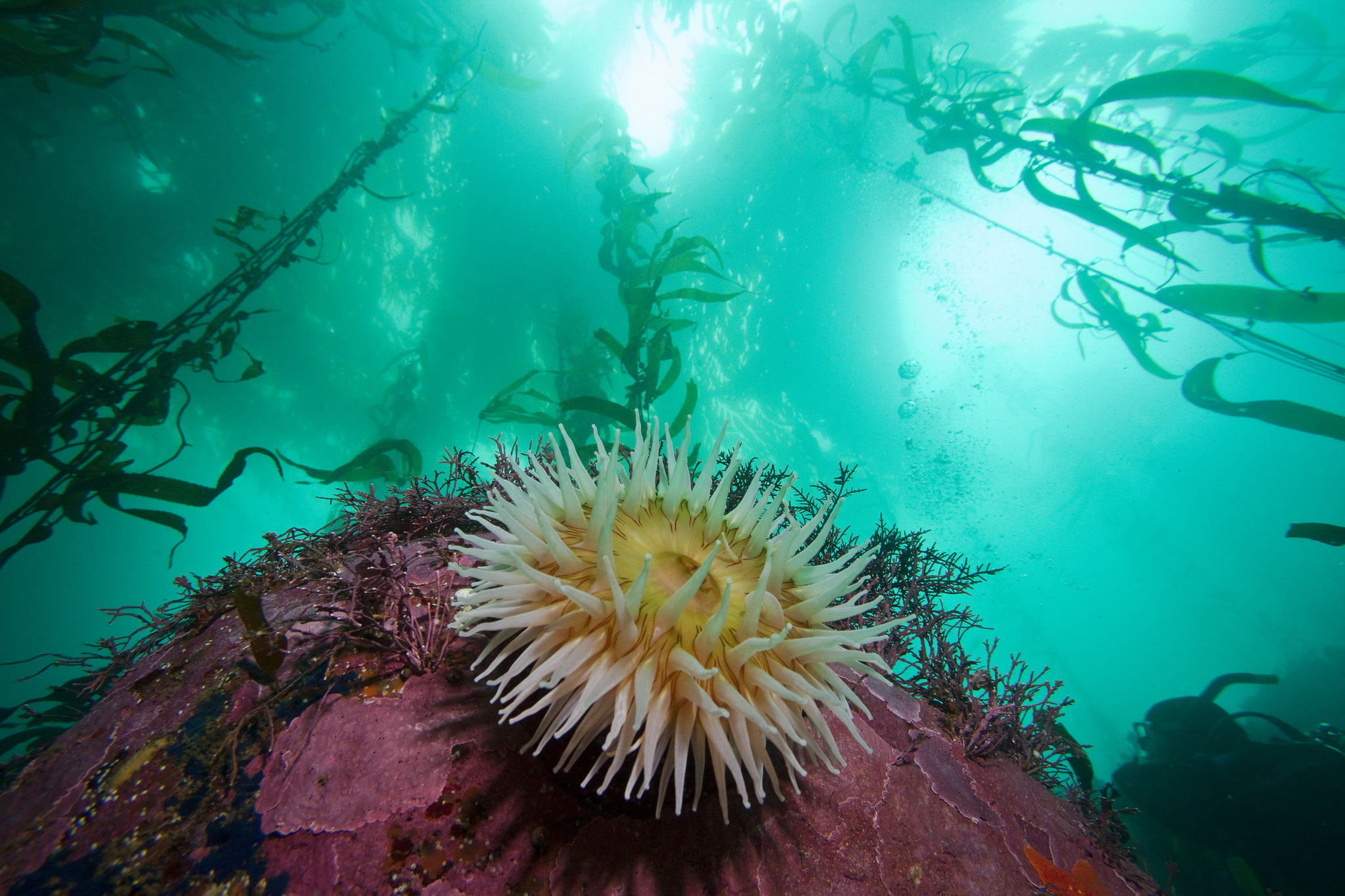
California kelp – Oceanographic
